Why is a need to create an Arab Network of CSOs to Safeguard Cultural Heritage?
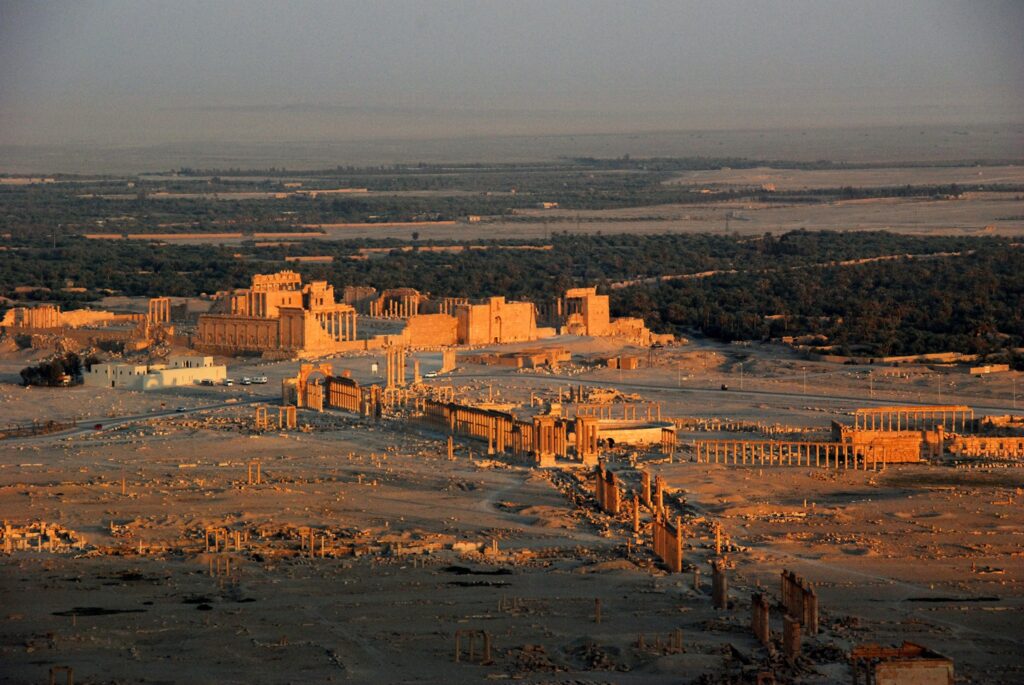
Since the end of the twentieth century, great attention has been paid to studying the concept of civil society in heritage management. There has been a lot of research that focused on the participation of civil society in the management of cultural heritage and the role that links it with national heritage bodies and institutions. This research has confirmed that the participation of civil society in the management of cultural heritage is essential and that the integration of civil society with heritage management is considered the best tool for heritage protection. All studies confirm that it is important to give civil society the ability to participate in all matters relating to the management of cultural heritage.
Cultural heritage is an effective tool in fostering a sense of pride and belonging and sharing it with the local community is as important as preserving it. Civil society’s participation, through local communities in managing cultural heritage, is an essential component of human rights in the society. It is impossible to separate people’s cultural heritage from the people themselves and their rights. Civil society is always able to carry out activities independently of government influence and can bridge many gaps in the work that government agencies cannot undertake, where its role is complementary to the work of government institutions, but clearly irreplaceable.
The MENA region has suffered from many conflicts and disputes, which have had catastrophic consequences for the population. This has led to an unprecedented instability in the regions that contain historic sites of global importance. These conflicts have led to massive damage to the heritage of these countries, a loss of cultural heritage and relics of historical value to all human kind. In addition, these damages caused an economic catastrophe for thousands of families who relied on heritage for their livelihood.
Read more
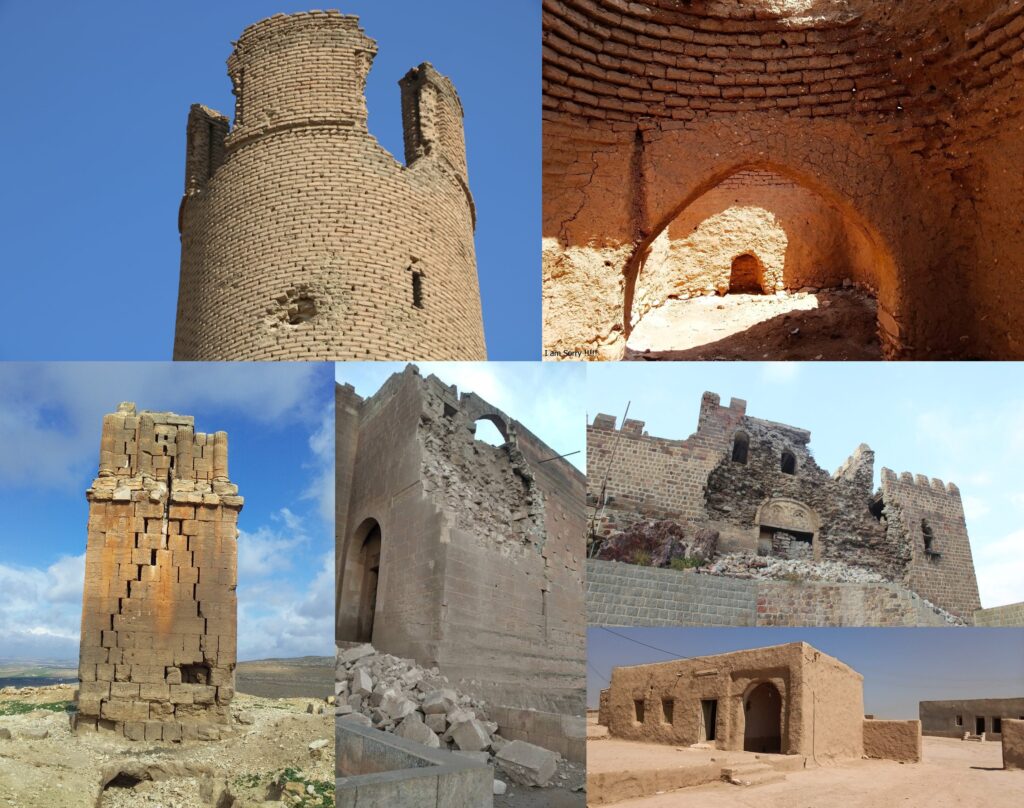

Read more

The "Rafekatuna Organization" established in 2022 as a local, non-governmental, non-profit organization based in northeast Syria (Raqqa). The organization is dedicated to protecting both tangible and intangible cultural heritage in northern and eastern Syria, preserving historical sites and heritage houses, and documenting intangible heritage such as traditional crafts, customs, traditions, and oral history. Target groups all local communities in northern and eastern Syria, archaeological sites and historical houses, traditional artisans, and custodians of intangible heritage.
Key projects and services provided by the organization include:
• Implementing emergency rescue projects for archaeological sites
• Restoring and rehabilitating historical houses
• Building and strengthening capacities for cultural heritage protection
• Organizing community awareness campaigns on the importance of heritage preservation
• Major projects undertaken by the organization include:
• Emergency interventions at five archaeological sites in Raqqa (Bab Baghdad, Raqqa Ancient Wall, Qasr Al-Banat, the Old Abbasid Mosque)
• Capacity building project for cultural heritage protection (restoration and rehabilitation of three historical houses)
• Raqqa Digital Museum project for intangible heritage
• Rehabilitation of the German Mission House at the Tell Bi'a archaeological site
• Damage removal at Tell Bi'a (cleaning tunnels, removing waste, repairing pits)
• Organizing community awareness campaigns for the preservation of both tangible and intangible heritage.
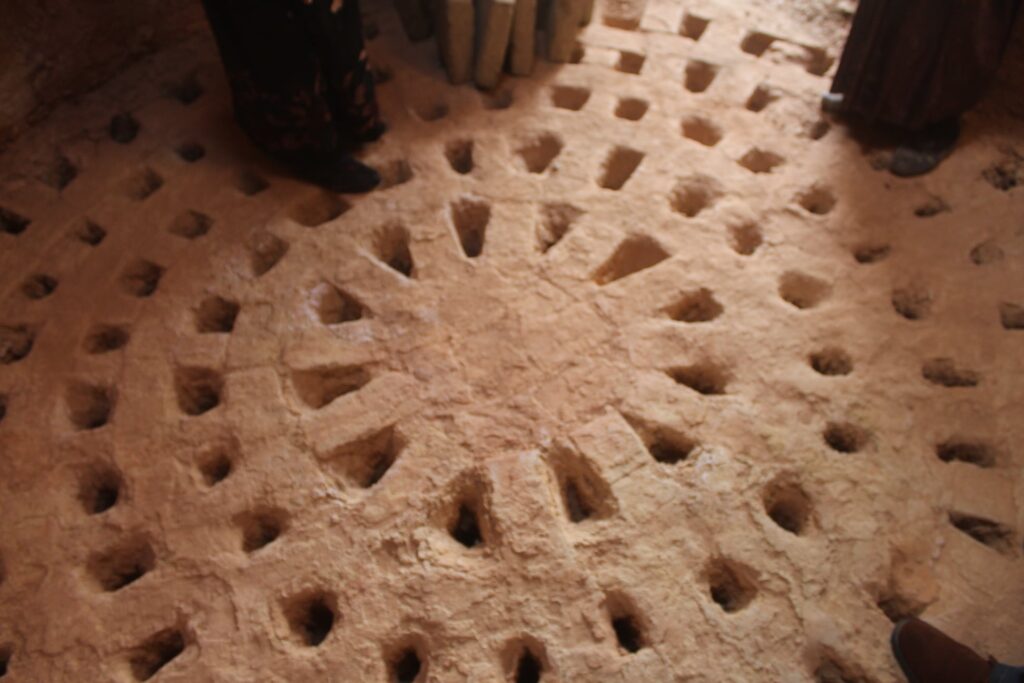
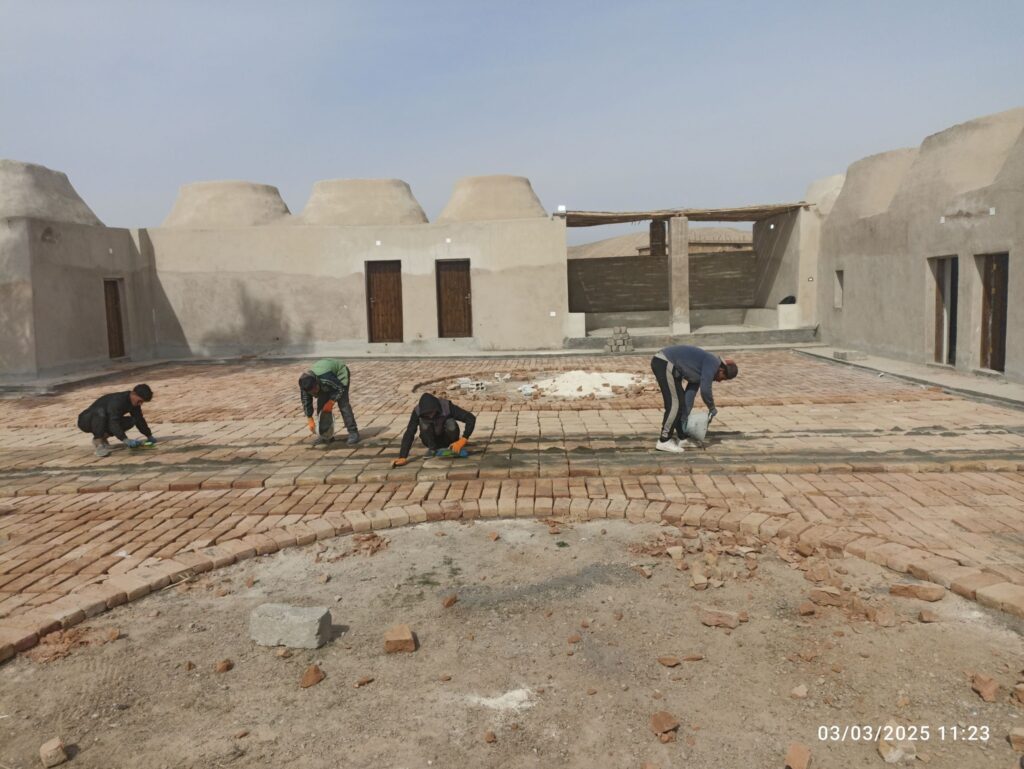
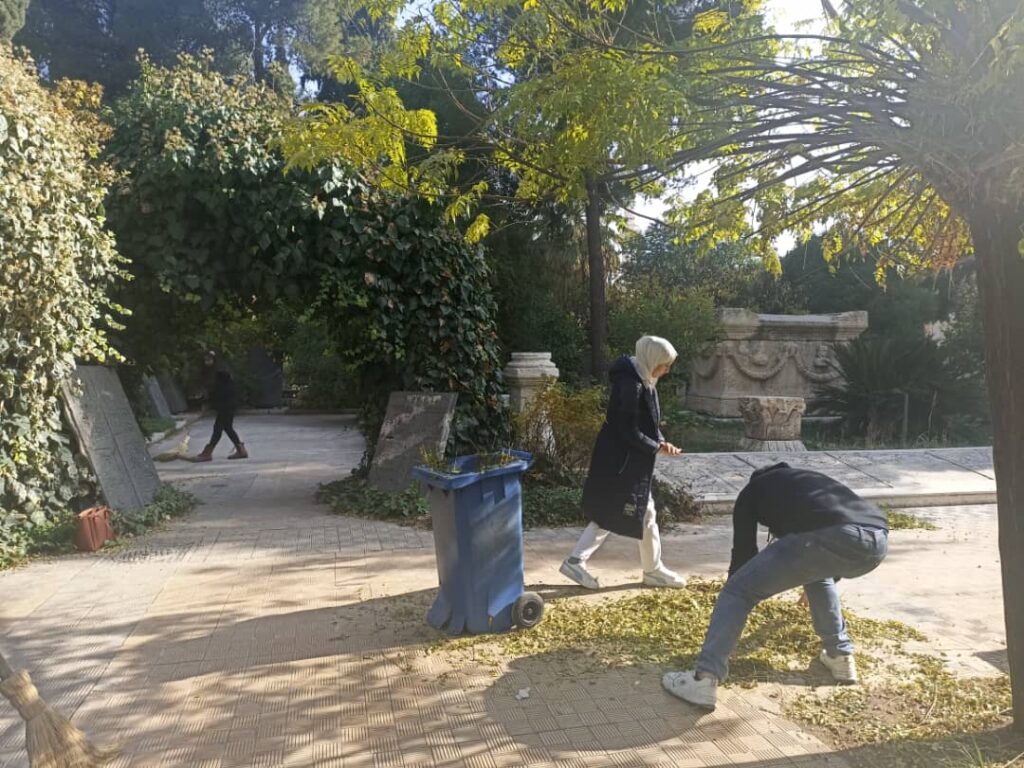
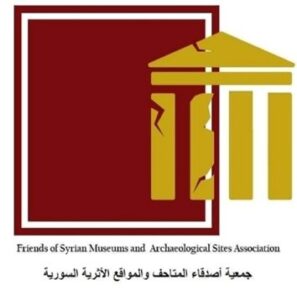
The "Friends of syrian Museums and Archaeological Sites Association" a cultural, scientific, and recreational association concerned with Syrian cultural heritage. It operates under the slogan “An aware society for the protection of human heritage.” The association is based in Damascus and has been licensed by the Ministry of Social Affairs and Labor since 2020.
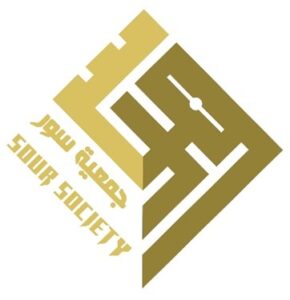
The “Sour Association” is a specialized, scientific, and academic non-profit association concerned with both tangible and intangible cultural heritage. Its activities cover all areas of the Syrian Arab Republic. Its objectives are:
• Preserving Syrian cultural heritage, both tangible and intangible, and raising local community awareness of its importance.
• Supporting the education and training of scientific and technical personnel, and promoting innovation and technology in heritage preservation.
• Contributing to the development of housing and infrastructure.
• Linking heritage to sustainable development as a living heritage.
• Enhancing local and international cooperation and the exchange of expertise.
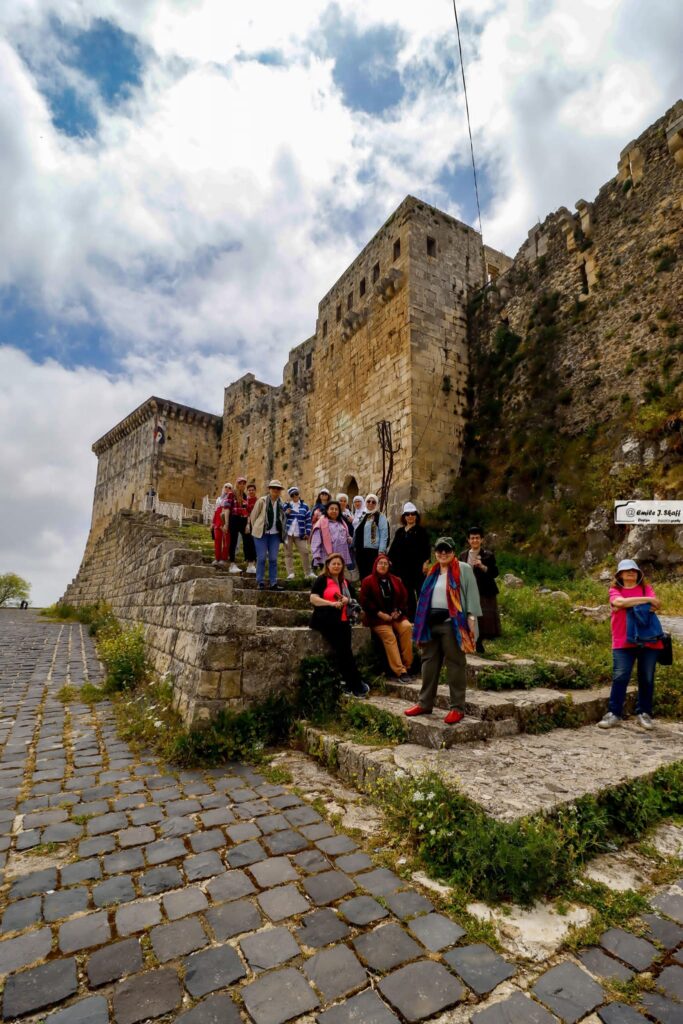
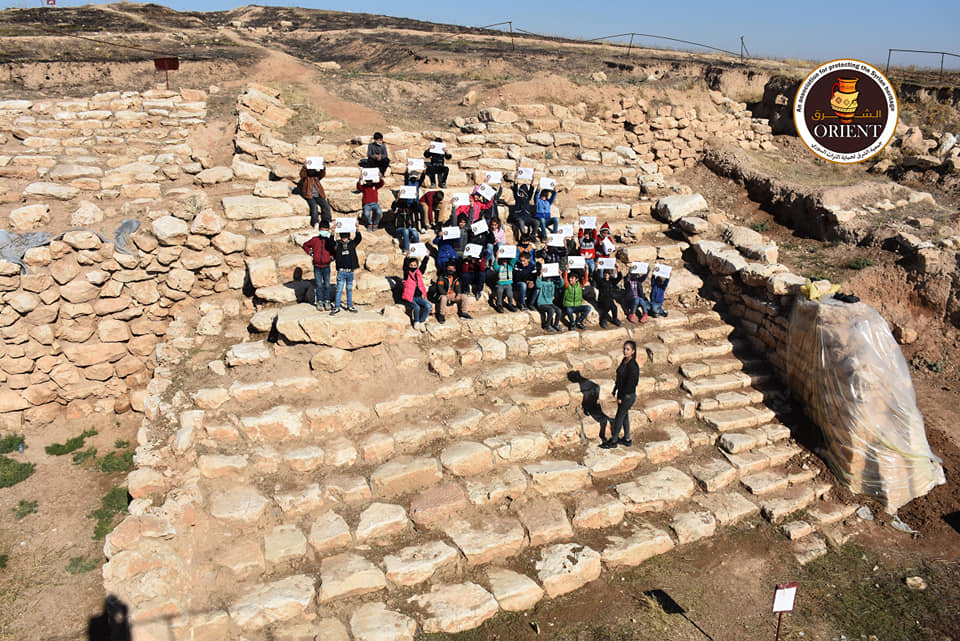
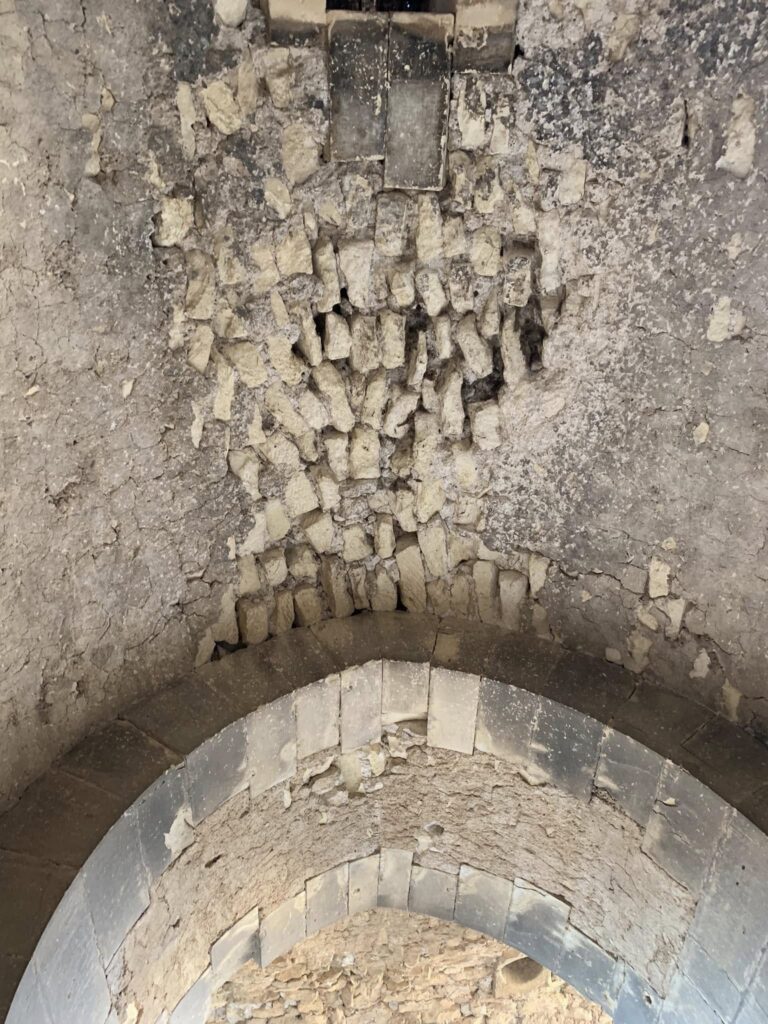

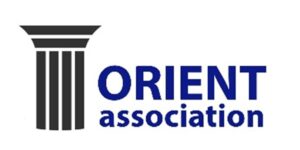
The "Orient Association for the Protection of Syrian Heritage" a non-profit civil association working in the field of protecting Syrian cultural heritage (both tangible and intangible). It was established in Syria during the crisis in 2020 and is based in the city of Qamishli. Its members consist of a group of heritage specialists, including archaeologists and engineers, as well as local experts. The primary aim of the association is to protect Syrian heritage, and it operates in various regions.
Main Activities:
• Emergency interventions (restorations) at the archaeological site of Tell Beydar in Al-Jazira.
• Maintenance of artifact storage facilities in Al-Jazira.
• Documentation of a collection of artifacts belonging to the houses of missions operating in northern and eastern Syria before the crisis, and preparing a database for them.
• Documentation and preservation of a collection of artifacts in Manbij, and preparing a database for them.
• Maintenance and preservation of a collection of mosaic panels in Al-Jazira.
• Maintenance and restoration of Herqla storage facilities in Raqqa.
• Documentation and preservation of a collection of mosaic panels in Raqqa, and preparing a database for them.
• Conducting awareness activities in Raqqa and Al-Jazira (lectures, brochures, training workshops).
• Documentation of a number of archaeological sites in the Khabur Basin.
• Currently carrying out emergency interventions at Qal'at Najm (Najm Castle).
By 2012, the Directorate-General of Antiquities & Museums (DGAM) was unable to intervene in many archaeological sites, especially in Idleb, southern and western parts of Aleppo, and the northern part of Hama. Many DGAM employees in those areas were no longer under the remit of the Syrian government and this urgent need to act during the conflict was the main reason for creating the Syrian Center for Cultural Heritage Protection. A group of volunteers comprising former employees of the DGAM founded the center as an alternative institution. The actions taken by the Syrian Center for Cultural Heritage during the conflict include documenting smuggled antiquities, documentation of damaged and destroyed sites, awareness-raising actions in the local communities and first aid and emergency measures at different sites.
Read more
Read more
The Center works independently, without any political affiliation to any group, and has been cooperating with several international heritage organizations. Heritage for Peace has supported them through training programs in Damage Assessment (Heritage For Peace, 2014), and the on-going development of the SHELTr training program in 2018 (Gerda Henkel Stiftung 2016). The Center also received support from the SHOSI Initiative (Safeguarding the Heritage of Syria and Iraq), which is a consortium of several institutions and local Syrians, activists, archaeologists, and museum staff - (including some members of the Antiquities Center in Free Idlib). It organized an emergency workshop providing the participants with basic supplies for packing and securing museum collections. In May, the museum was hit in an airstrike, but the protection measures they implemented protected them. The project’s in-country team conducted a systematic looting documentation and applied emergency protection to most endangered structures.


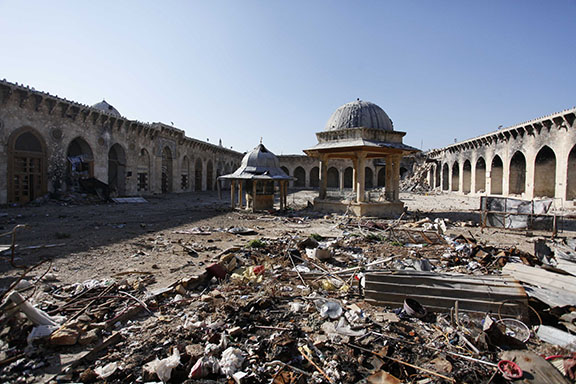

The "Mosul Heritage Foundation for Culture and Development" emerged from the challenging period experienced by the city of Mosul in 2017, during what is considered the second-longest war in modern history, lasting 901 days of battles against terrorist organizations. From its inception, the foundation has been committed to preserving the cultural heritage of Nineveh and Iraq, fulfilling its ethical duty by drawing on the city’s rich legacy of civilization, thought, and human heritage. Its mission aligns with global efforts to document, protect, and share the history and heritage of Nineveh.
Main objectives of the foundation include:
• Rescuing, documenting, and sharing the cultural heritage of Nineveh and Iraq with the world
• Empowering individuals interested in culture and heritage to foster safe, cohesive cities and sustainable communities
• Contributing to the revitalization of local and international tourism in Nineveh and other historic Iraqi cities
• Educating the local community and raising awareness about cultural heritage, emphasizing its role in identity and belonging
• Developing the expertise of specialists in this field to support sustainable cities and communities.
[/show_more]
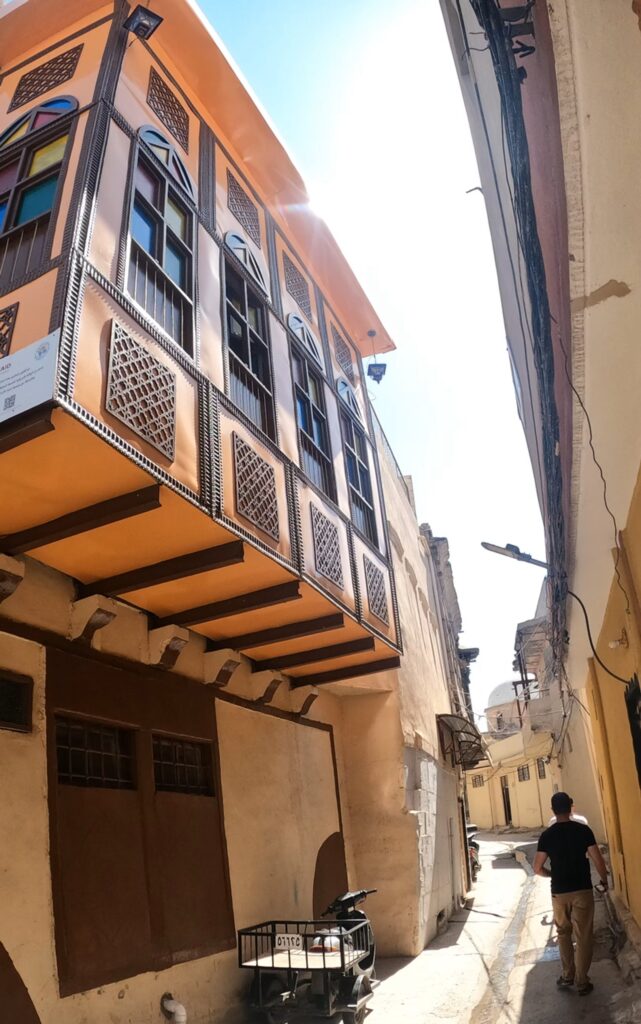
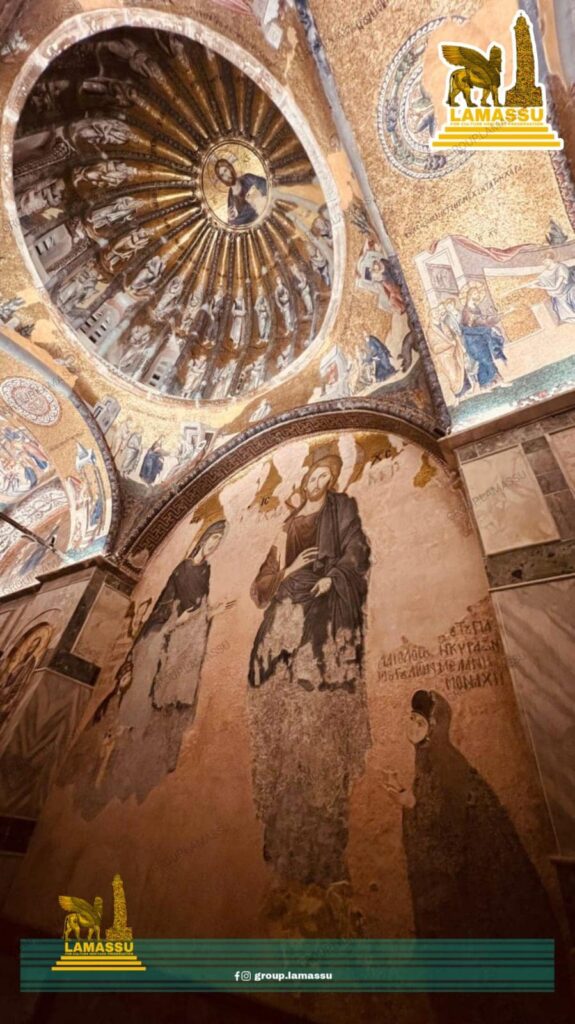
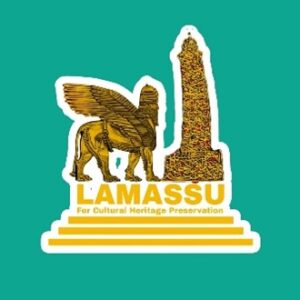
The "Lamassu Cultural Organization" is a non-governmental organization officially registered in 2025 with the Directorate of Organizations/General Secretariat of the Council of Ministers in Iraq (registration certificate No. 1BC2502007, dated 05/02/2025). Launched as an archaeological-cultural initiative in 2022, Lamassu brings together a professional team of archaeology graduates dedicated to preserving Iraq’s cultural heritage, with a particular focus on the Nineveh Governorate. The organization serves as a specialized cadre contributing to the revival of Nineveh’s heritage following its devastation, and includes members of diverse ages, backgrounds, and genders, all trained and equipped for this responsibility.
Operating on a voluntary basis, Lamassu collaborates with local partners-organizations, institutions, and academic figures-to implement a variety of activities and initiatives aimed at preserving cultural heritage and raising public awareness to support its development and sustainability.
[/show_more]
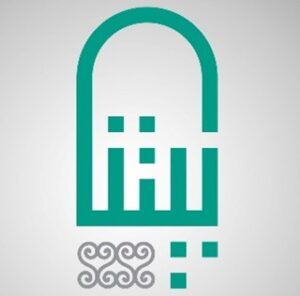
The "Baytna Foundation for Culture, Arts, and Heritage" is a pioneering youth-led initiative dedicated to embracing heritage and revitalizing the Old City of Mosul. Established in 2018, Baytna is the first project of its kind in Iraq to transform a historic house into a cultural center and private museum, capturing international media attention and serving as a model for supporting cultural tourism in Mosul. Located in the heart of the Old City, directly across from Al-Nuri Mosque (Al-Hadba Minaret), the foundation operates from a traditional Mosuli house over a century old. Baytna is officially registered with the Directorate of Non-Governmental Organizations and was founded by young Mosulis who believe in the power of culture and the arts to build cohesive and diverse communities.
Baytna aims to enrich Mosul’s cultural vision through initiatives focused on developing the arts, reviving heritage, and fostering creativity, all within a framework of social responsibility. The foundation strives to correct the city’s image, which was distorted by terrorism and extremism, and to highlight its rich tangible and intangible heritage.
Key projects and components include:
• The Mosuli Heritage Museum: Documenting traditional Mosuli life in all its aspects
• Bashtabya Folk Arts Troupe: Reviving local music and folkloric dances
• Mosul Tourist Bus: A unique initiative introducing visitors to the city’s history and monuments
• Multi-purpose spaces within the Mosuli house: Dedicated to cultural activities, exhibitions, and workshops
• The foundation has participated in:
• The opening ceremony of the “Gulf 25” tournament in Basra
• International Youth Day Conference
• Mosul Spring Festival
• International Peace Festival (six editions)
• Activities in displacement camps in the Kurdistan Region
• Dozens of events across various Iraqi cities
[/show_more]
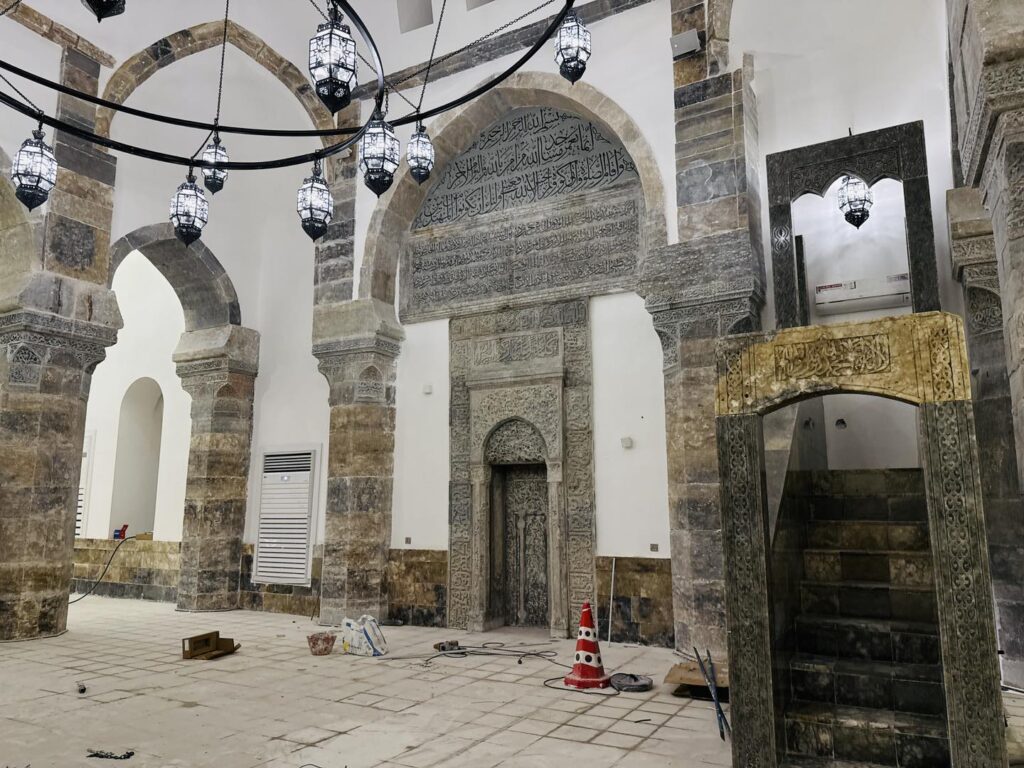
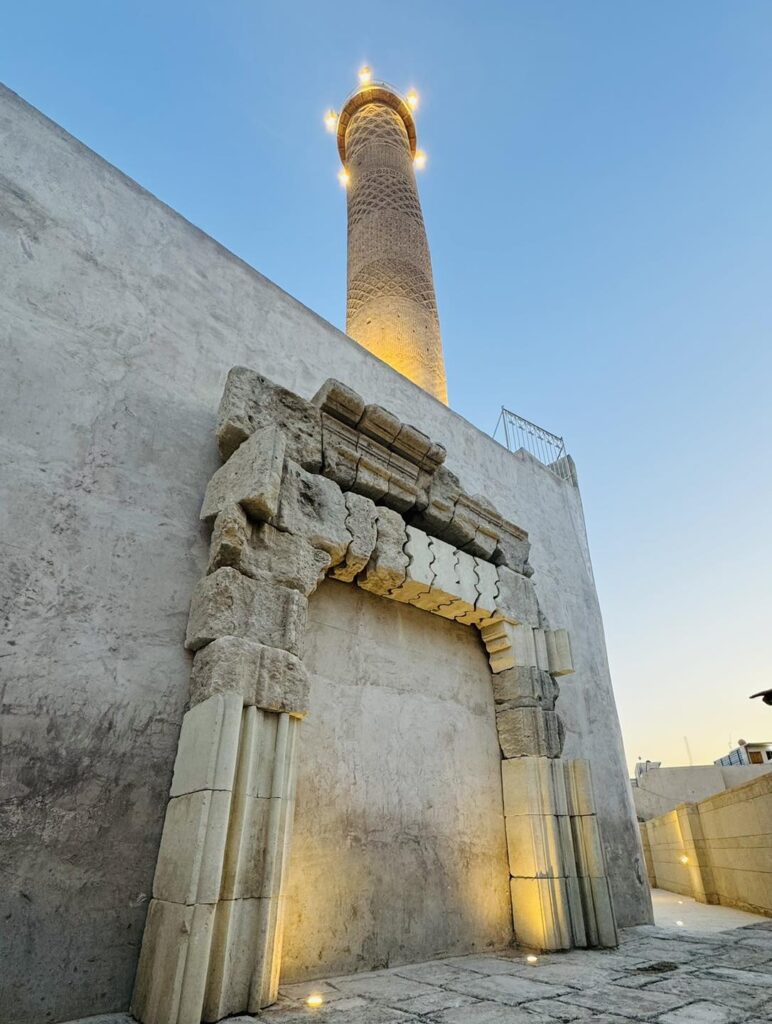
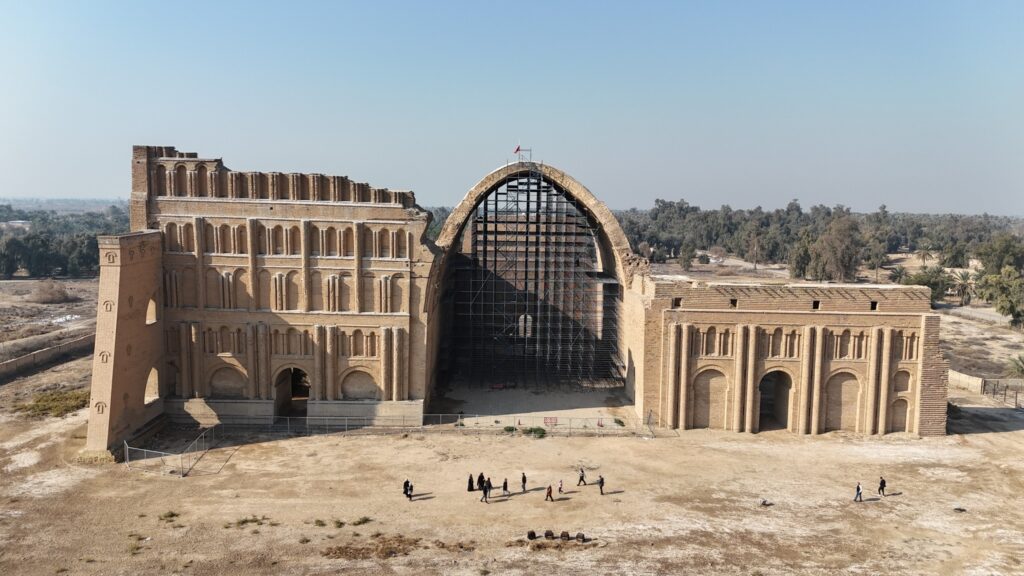
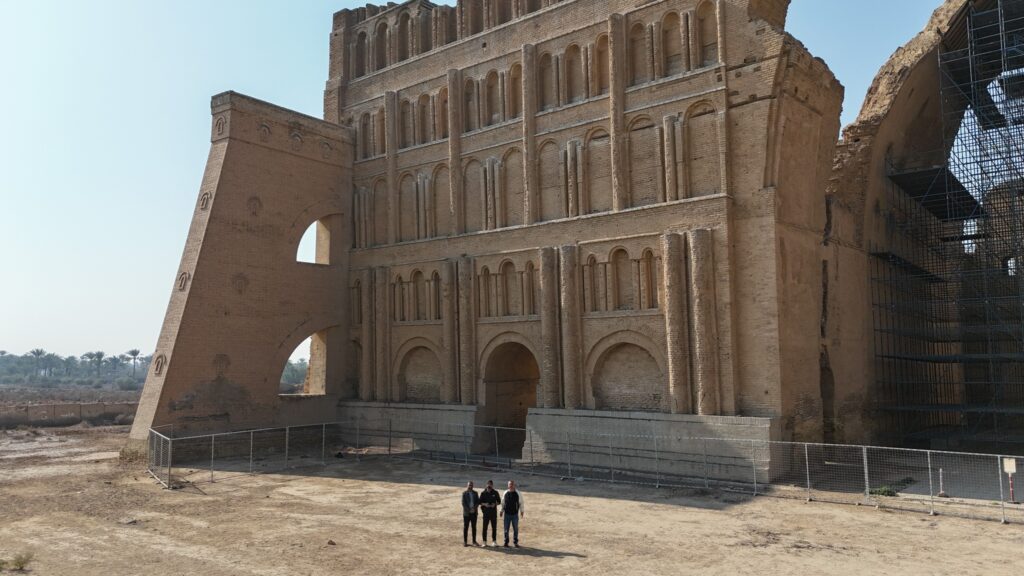
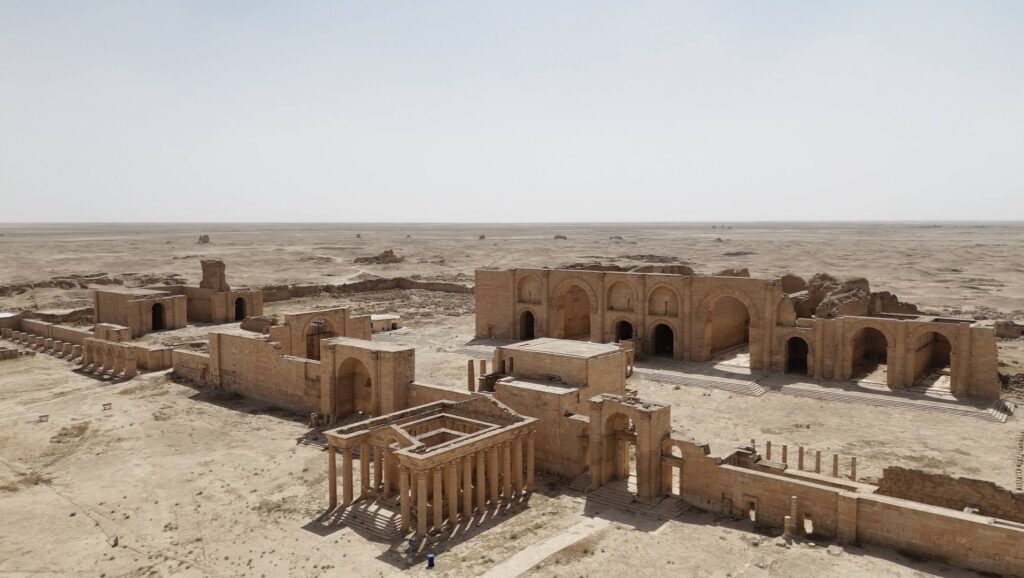
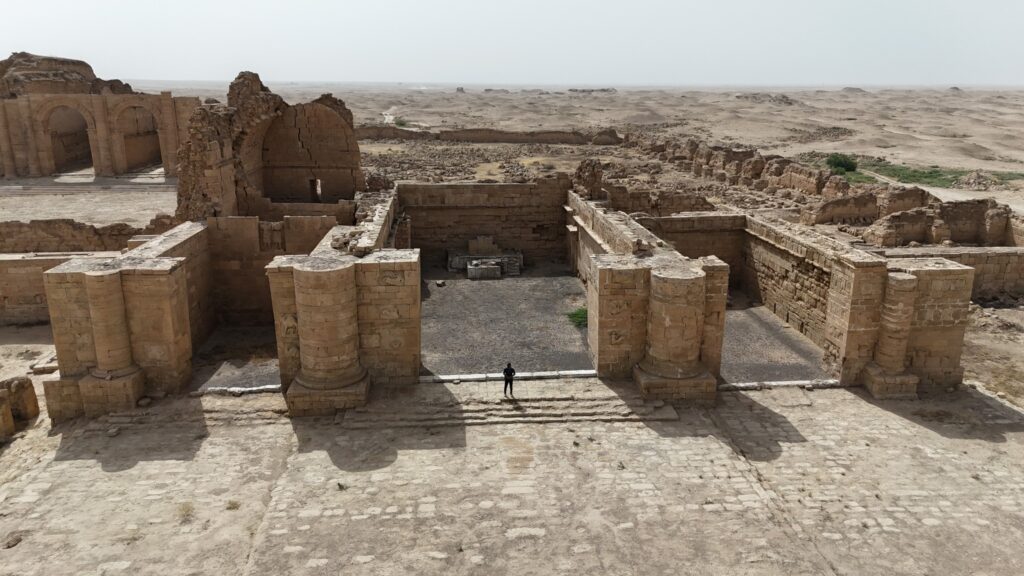
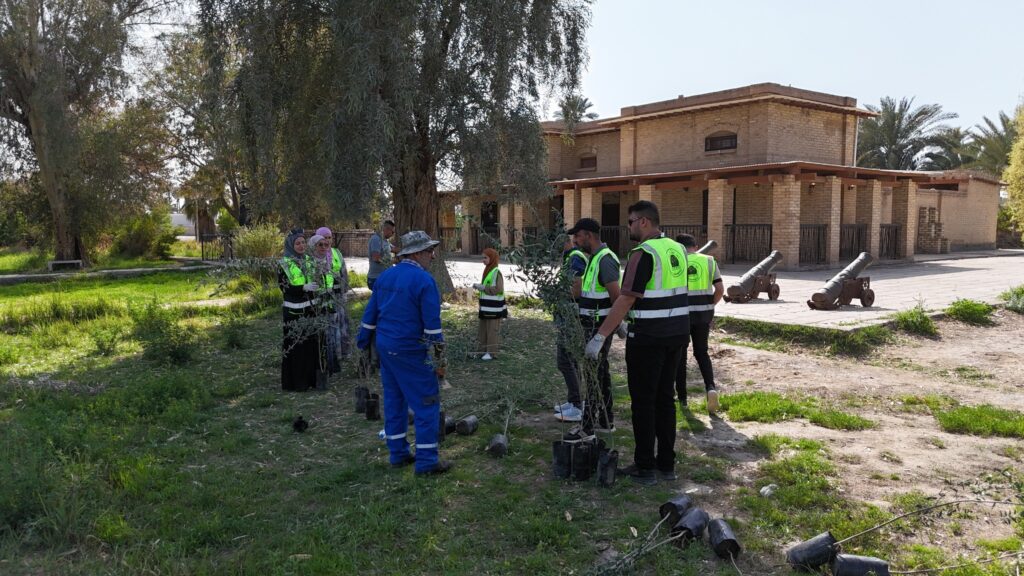
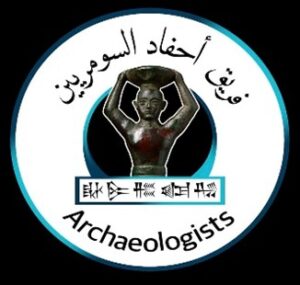
The "Akhfad Al-Sumerians Team" is a volunteer group established in Iraq in 2021. The team is dedicated to reviving Iraqi heritage and the civilization of Mesopotamia by highlighting the achievements of ancient Iraqi civilizations—including the Sumerian, Akkadian, Babylonian, and Assyrian—through various cultural activities. Their work focuses on preserving archaeological sites by organizing cleaning campaigns and raising awareness about their significance, as well as reviving authentic Iraqi traditions and arts, such as cuneiform writing and traditional music.
Akhfad Al-Sumerians Team is also committed to promoting volunteerism and community initiatives. The team encourages youth participation in voluntary service and cultural activities, organizes developmental campaigns in education, environment, and relief to support those in need, and builds an active volunteer network across different Iraqi provinces.
Supporting education and community awareness is another key pillar of the team’s mission. They conduct awareness workshops on Iraq’s history and civilization for both children and adults, and work to combat ignorance or distortion of Iraq’s historical legacy. The team also seeks to strengthen national identity and belonging by highlighting the unity of Iraqi heritage, celebrating national historical occasions such as the Babylonian Akitu festivals, and documenting and sharing heritage stories through modern media formats like videos and infographics.
Collaboration with both local and international entities is central to the team’s approach. Akhfad Al-Sumerians builds partnerships with governmental institutions such as the Ministry of Culture, Tourism, and Antiquities, engages with international organizations interested in heritage, and participates in global conferences to showcase the achievements of Iraqi civilization.
The team targets the entire community and has carried out a wide range of activities, which are documented on their official page. These include awareness campaigns, field training workshops, documentation of archaeological sites, and tree-planting and cleaning campaigns at heritage locations.
Among their notable projects is the "Our Roots, Our Identity" program, which reflects their ongoing commitment to heritage preservation and community engagement.
[/show_more]
The Organization is interested in the protecting of cultural heritage and antiquities in Iraq. Since its creation in late 2016, by archaeologists working in the preservation of antiquities and heritage, on the field, or in the Iraqi Museum, and even before getting official representation, it has organized trips to the ancient cities of Mesopotamia for hundreds of people interested in archeology, who care about history and civilization. The trips included lectures to demonstrate the importance of those sites in contributing to increasing cultural awareness in society. It also organized exhibitions of traditional crafts in Baghdad and contributed to sending books to libraries that were burned by ISIS.
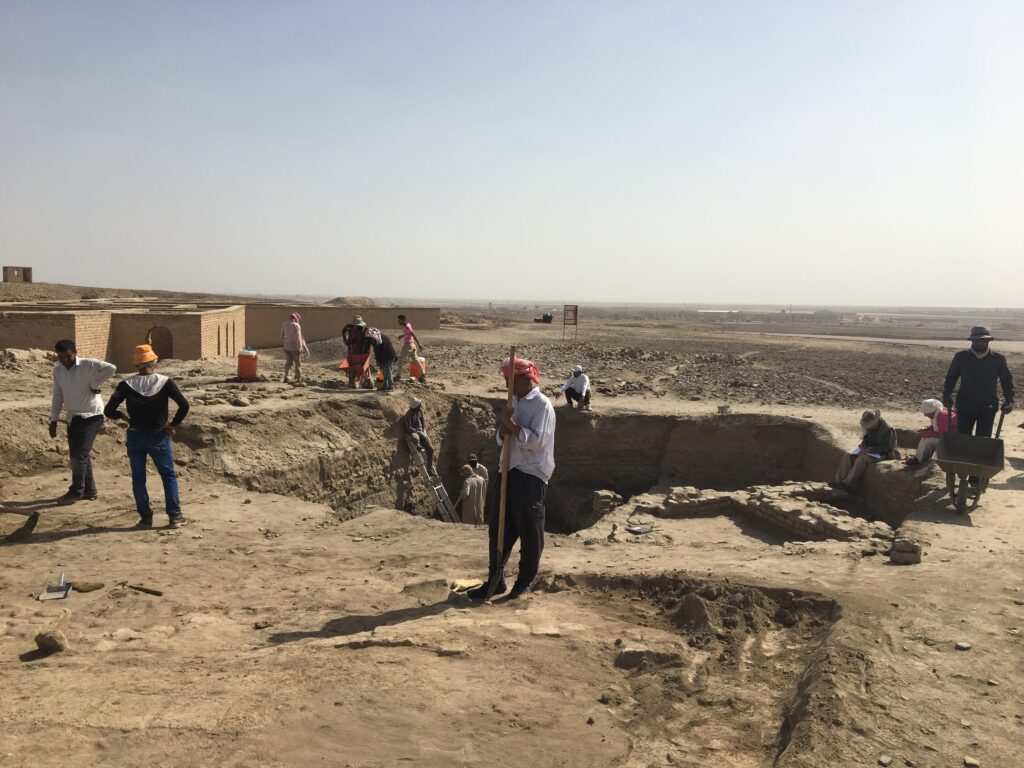
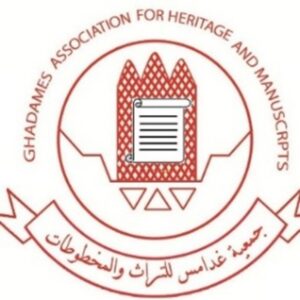
The "Ghadames Association for Heritage and Manuscripts" was established in 2013 as a non-profit civil association based in Ghadames, Libya. The association aims to participate in the preservation and maintenance of both tangible and intangible heritage, in line with Libya’s commitment to safeguarding cultural heritage. The initiative seeks to strengthen partnerships with relevant institutions, support researchers and students, and contribute to the documentation, conservation, and promotion of Libya’s rich historical legacy.
Key projects implemented by the association include:
• Participating in scientific seminars and conferences inside and outside Libya, most recently presenting a working paper at a United Nations-sponsored event in Paris in 2025
• Organizing exhibitions of Quranic manuscripts in collaboration with local institutions, displaying copies dating back over 400 years
• Digitizing more than 600 original documents, some aged between 130 and 650 years
• Preparing and publishing rare manuscripts and converting over 25 rare books into electronic formats for free public access
• Digitizing audio tapes and producing documentary films, including a film for the 60th anniversary of Algeria’s independence and an English-language film presented in the USA in 2019
• Establishing a specialized library with rare books and providing a free internet hall for youth
• Supporting master’s and doctoral students in several countries by providing access to rare references and manuscripts
• Signing cooperation agreements with Libyan institutions to further heritage preservation efforts
Current activities include:
• Rebuilding the historic House of Judge Bin Younes in Ghadames, dating back over 300 years, with international support and supervision
• Digitizing thousands of documents and manuscripts, with the goal of reaching 100,000 documents and 1,000 manuscripts by year’s end
• Training members of the Judicial Expertise Department at the Libyan Ministry of Justice in reading ancient documents.The association also has more than ten ready heritage projects in need of support, particularly given the ongoing conflicts in Libya.[/show_more]
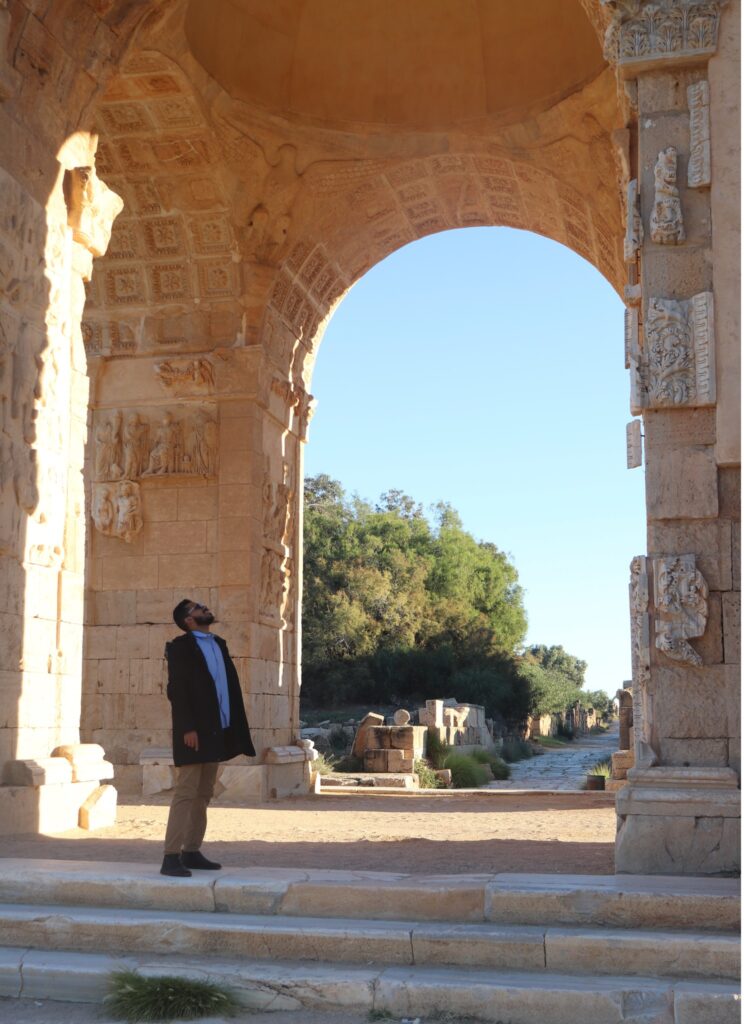
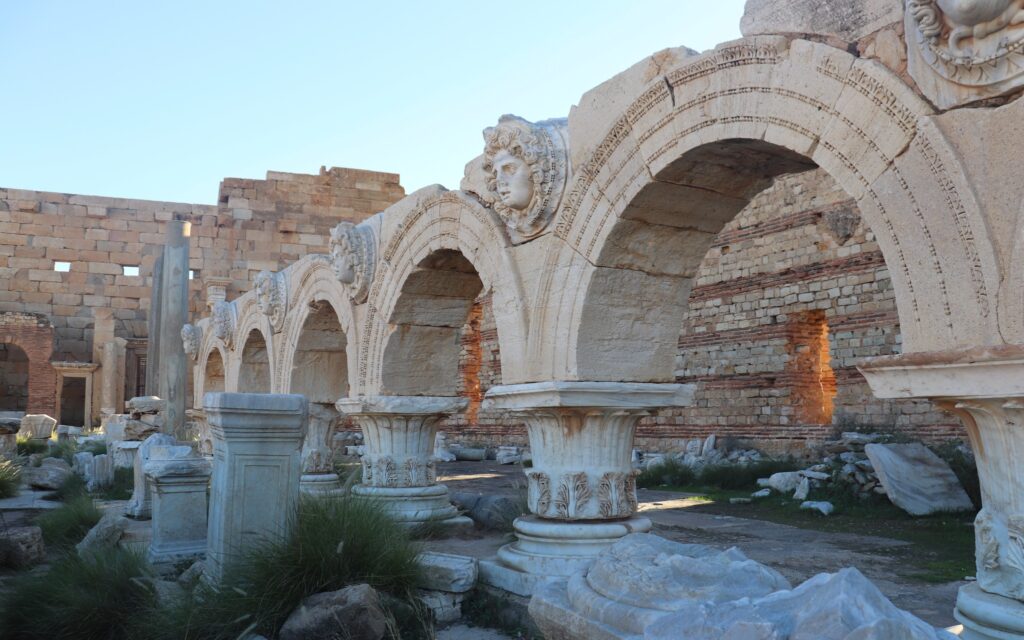
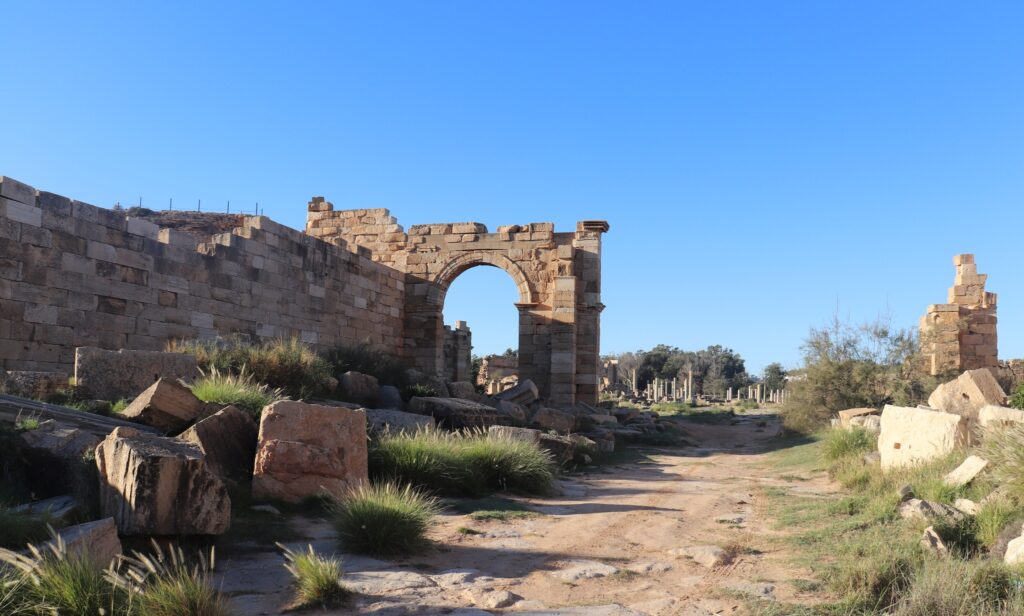

The "Apollonia Organization for Heritage and Culture" was established in January 2024 as a non-governmental, non-profit organization based in the city of Susa, Libya. The organization seeks to contribute to the protection and preservation of architectural and cultural heritage in the old city, focusing on documenting and classifying unregistered historical buildings and landmarks, raising awareness about the importance of historic cities and old buildings, and enhancing interest in the cultural and heritage identity of Susa and neighboring areas. Target groups include: Local communities, youth, students, researchers, heritage enthusiasts, schools and educational institutions, tourists, official bodies, and civil society organizations.
Key projects and services provided by the organization include:
• Creating a comprehensive archive for the old city of Susa
• Organizing awareness seminars and cultural festivals
• Producing documentary films in cooperation with foreign missions
• Implementing restoration projects under the supervision of specialized experts in archaeological conservation
• Submitting proposals to relevant authorities for the registration of sites with UNESCO
• Organizing exhibitions of visual arts and heritage artifacts
• Honoring international scientific figures who have contributed to highlighting the heritage of Susa.
Major projects undertaken by the organization include:
• Comprehensive documentary archive of the old city of Susa
• Documentation of the sunken archaeological city, including the world’s first underwater documentary film in collaboration with a British mission
• Documentation of sunken war relics from the two World Wars
• Restoration and conservation of the old lighthouse using specialized archaeological methods
• Restoration of the Silphium Fountain, one of the city’s most prominent landmarks
• Preparing archaeological sites according to standards for submission to UNESCO
• Honoring Dr. Nicholas Flemming and the French researcher for their scientific contributions
• Organizing cultural festivals, seminars, and art and heritage exhibitions.[/show_more]
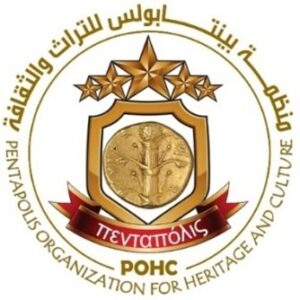
The "Pentapolis Organization for Heritage and Culture" was established in 2024 as a non-profit civil organization based in the city of Shahat (Cyrene) in eastern Libya. The organization aims to promote Libyan heritage both locally and internationally, support researchers and relevant entities in this field, and actively contribute by all legal means to uphold and achieve these principles.Target groups all segments of the local community interested in heritage and culture.
Key projects and services provided by the organization include:
• Serving heritage and culture through organizing, supporting, and participating in volunteer activities and other initiatives
• Developing plans and proposals for the protection of antiquities and heritage, and supporting national institutions responsible for their preservation
• Proposing and implementing projects that contribute to the sustainability of antiquities and heritage, and strengthen national identity
• Organizing awareness seminars, workshops, and conferences on heritage and culture in Libya
• Encouraging community involvement and voluntary participation in activities that serve heritage and culture at all levels.
Major projects undertaken by the organization include:
• Voluntary participation in projects aimed at raising awareness of the importance of cultural heritage for future generations, especially school students, by accompanying pupils from various schools to visit archaeological sites and introducing them to their cultural value and the importance and methods of preservation
• Participation in numerous conferences, forums, seminars, and local and international discussion panels on antiquities and cultural heritage
• Publishing and translating numerous articles in local and international journals in both Arabic and English on the topics of antiquities and cultural heritage.
[/show_more]
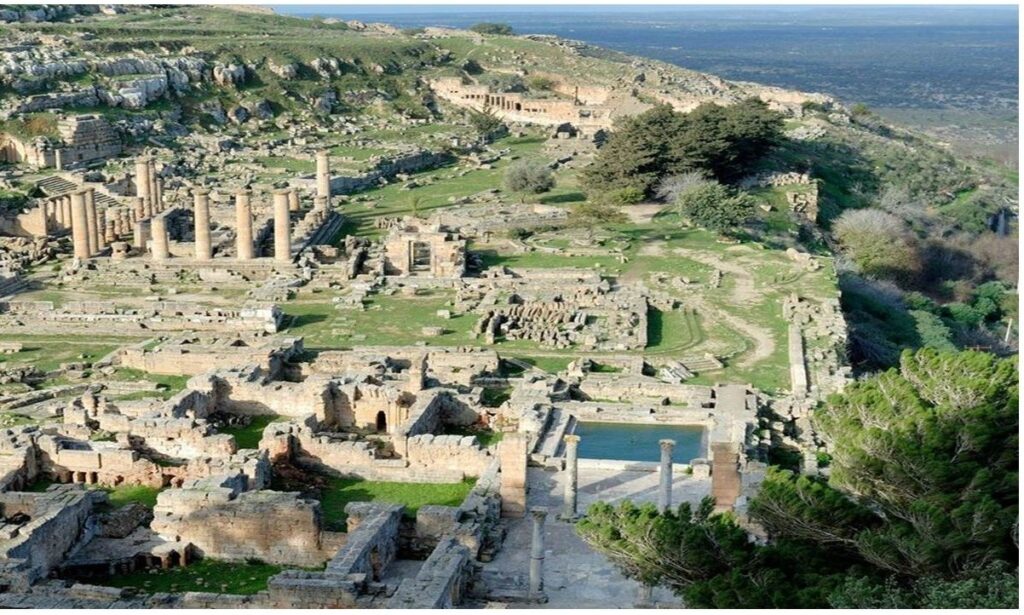
This union consists of five Libyan municipalities, which are located close to the administrative borders with World Heritage Sites. They are Al-khums (Leptis Magna) Sabratha, Shahat (Cyrene) Ghadems (Cydamus) and Ghat. According to World Heritage Convention 1972, the state party is under the obligation of its protection and its management plans.
Read more
After the decision of the World Heritage Committee to place the five World Heritage sites of Libya on the List of World Heritage in Danger because of damage caused by the conflict affecting the country and the threat of further damage it poses, five Libyan municipalities signed a document to establish the World Heritage Union in Libya. In fact, this is a response to the repeated demands by the World Heritage Committee and encouraging participation of the local population in the preservation of the heritage.
The foundation’s main goals are the preservation of Libyan World Heritage Sites and adding new sites on the world heritage list and eventually attempt to remove the Libyan world heritage sites from the list of world heritage in danger as soon as possible.
In order to achieve its mission, the foundation has been engaged in communicating with the Libyan government (department of antiquity, department of buildings and department of ancient cities) and also support and submit proposals and studies on these sites through the local authority. To ensure the protection and preservation of the ancient sites, the foundation has been holding symposia and workshops to encourage the local community to raise the cultural awareness about the importance of heritage, while cooperating with the municipal authorities.

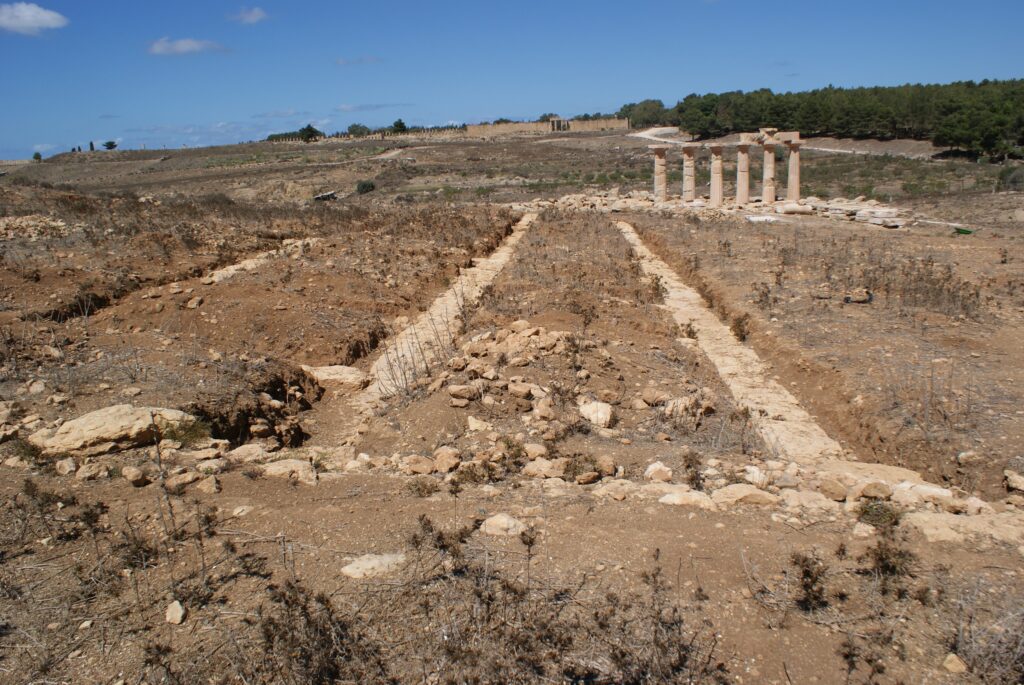
Balagrey is an association that works in the field of the protection of archaeological heritage.
After some citizens exposed the site of the ancient city of Balagrey to the danger of residential illegal constructions, the association led many demonstrations against the local authorities. As a result of these protests, the authorities agreed on the construction of a concrete fence around the ancient city of Balagrey, which also led to building a concrete wall around the archaeological site of Sirah Batrou, after it was attacked by some locals.
Read more

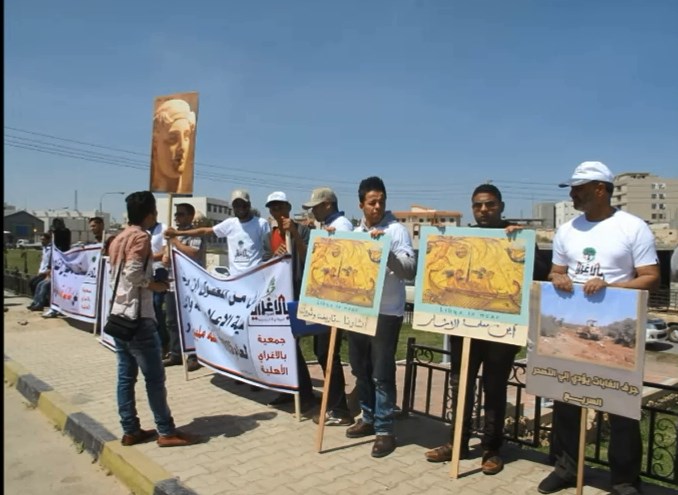

The " Waeey Organization for Heritage and Development " a non-profit organization established in 2022, working to protect cultural and natural heritage and promote sustainable development. Our efforts focus on six main pillars: protection, documentation, awareness, advocacy, capacity building, and community engagement.
We implement projects to restore archaeological sites affected by conflicts and climate change, document Yemeni heritage, and protect the environment. We also work on building the capacities of local communities and involving them in the protection of their heritage through training programs and awareness campaigns.
We strive to achieve our vision of preserving Yemeni identity and ensuring the sustainability of its natural resources, in cooperation with local and international partners. We believe that protecting heritage is a collective responsibility that contributes to building a better future for the coming generations..[/show_more]
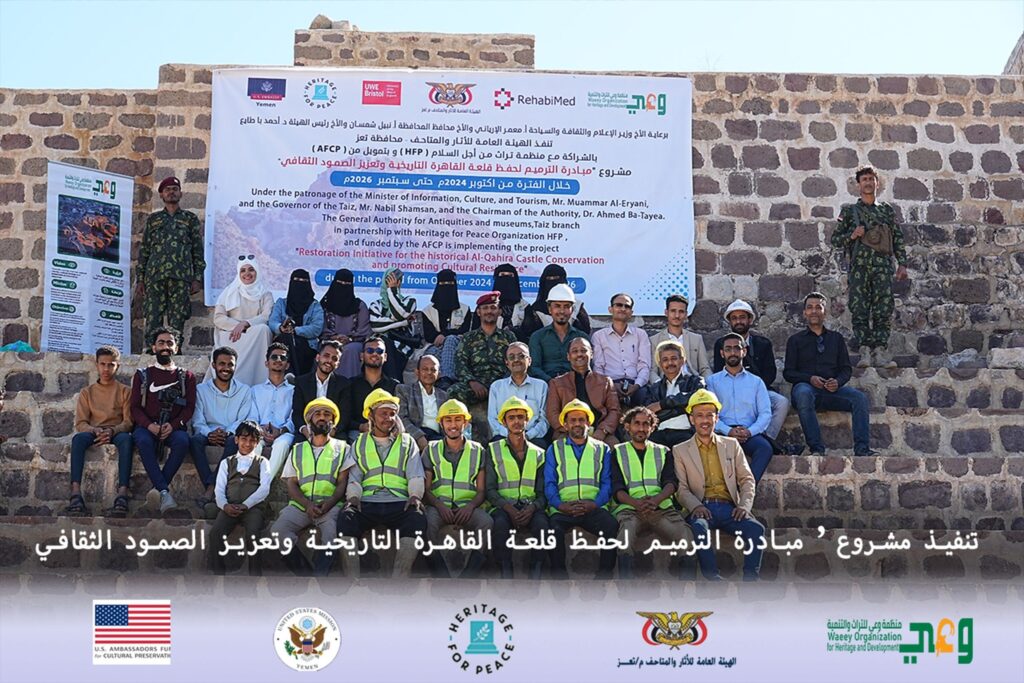
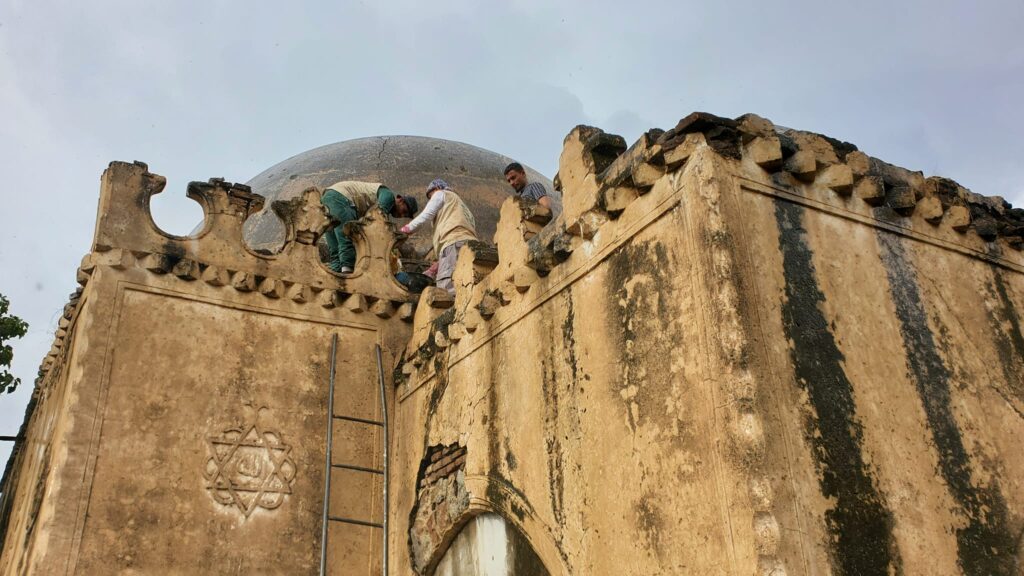

The "Eram Foundation for Cultural and Media Development" established on February 23, 2025. It is a non-profit development organization working in the field of cultural and media development. The foundation aims to revive and instill Yemeni identity in cultural and media awareness and in the collective consciousness of future generations. It also seeks to promote creativity and innovation in cultural and media content to produce an inspiring and motivating discourse.
Additionally, the Foundation aims to raise awareness of the diverse and rich aspects of Yemeni culture and to introduce it to the world. It works to enhance the developmental, social, and humanitarian role of both official and unofficial media by utilizing modern tools and methods. Another key focus is documenting and preserving Yemeni cultural heritage and rehabilitating what has deteriorated for various reasons. The Foundation also strives to build effective connections at local, regional, and international levels with relevant foundations and organizations.
Key Projects Implemented or Currently Underway:
• Institutional Development and Revitalization of Creative Institutions in Taiz
(Story Club – Union of Writers and Authors – Artists’ Syndicate), through training, capacity building, and skills development for their members.
• Taiz Festival “Spirit of Coffee”,
in partnership with Sorouh Foundation for Cultural and Human Development, the Yemeni Coffee Club, Coffee Guardians Organization, and Al-Bidaya Organization for Development, held on February 27, 2025.
• Taiz Eid Festival (“My Love for Her”),
in honor of the renowned Yemeni singer Karamah Marsal, in partnership with Sorouh Foundation and the Faculty of Arts, Taiz University, April 1–2, 2025.
• Book Launch: A Song for My Mother and Three Songs for the Passersby
by author Hamed Al-Faqih, in collaboration with Taiz Story Club, April 8, 2025.
• Needs Assessment and Institutional Development Workshop
for the Story Club in Taiz, April 12, 2025.
• Poetry Event: “Toward an Open Horizon – Taiz Glows with Poetry”,
held on May 12, 2025.
• Development of a dedicated database of writers and artists in Taiz city.
• Ongoing project to document folk tales, chants, and cultural heritage in Taiz Governorate.
• Eram Creative Project
for publishing and printing creative works (poetry, short stories, novels, intellectual productions), producing short films, and organizing art exhibitions for local artists.
.[/show_more]

The "Yemeni Center for Heritage and Tourism (METS)" a non-profit civil society organization established in 2024 and based in Taiz, Yemen. The center aims to protect cultural heritage and promote sustainable tourism as tools for sustainable development.
The center works to achieve several core objectives, including documenting and preserving cultural heritage, enhancing community participation, implementing awareness and educational programs, and developing local capacities through training courses. The center’s team consists of full-time and part-time staff as well as volunteers, most of whom hold university degrees or higher education qualifications. Currently, the center seeks to strengthen its resources through international partnerships and believes in the importance of training in areas such as digital documentation, governance, and media production. It is ready to offer its services as an accredited training center for heritage professionals in Yemen and the region.
Projects undertaken:
• Providing consultancy in the field of cultural heritage protection and preservation
• Survey project of traditional dishes in Taiz Governorate
• Survey and documentation project of oral heritage in the city of Taiz
• "Ta’heel" project for training workers in tourism and hotel establishments
• Training program for qualifying tourist guides
• Organizing training workshops to enhance the skills of local staff
• "METS Meetings": a monthly program to raise awareness about Yemeni heritage protection and promote tourism .[/show_more]
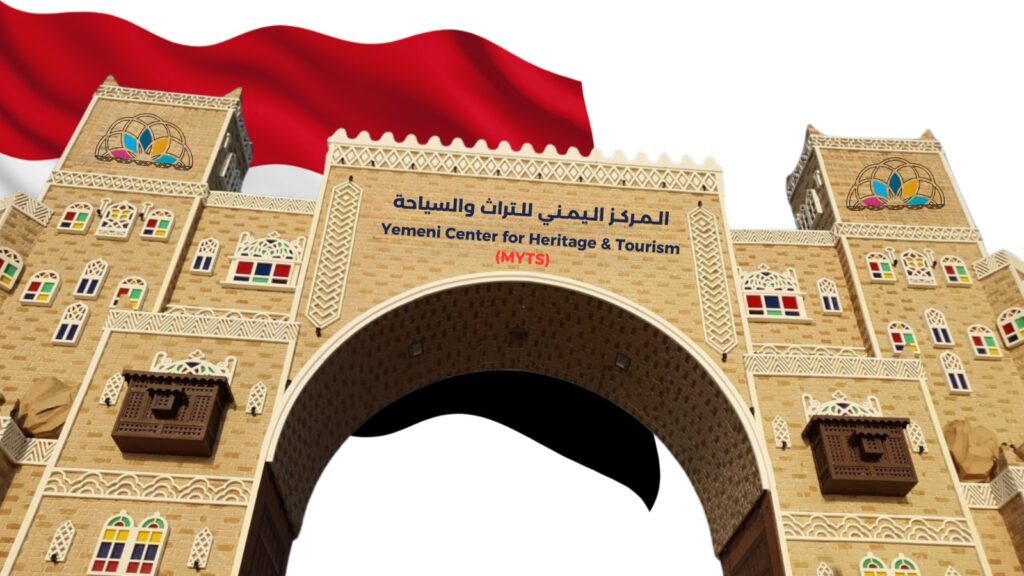

The "Save Yemen Organization " a non-profit, non-governmental organization established in 2019 (License No. 1036). The organization is dedicated to providing emergency response to issues related to heritage, culture, developmental support, and humanitarian relief in accordance with humanitarian principles. Its work addresses the consequences of wars, conflicts, and disasters in Yemen, and aims to promote community development through collaboration with institutions and individuals at the local, regional, and international levels. Additionally, the organization is committed to fostering coexistence, peace, and social solidarity, always operating within the framework of applicable laws.
Objectives:
In accordance with Article (5) and pursuant to Law No. (1) of 2001 and Article (6) of Executive Regulation No. (129) of 2004, the organization seeks to achieve its goals as outlined in its founding documents.
Key projects implemented by the organization include:
• Emergency Intervention Project for the Protection of Scientific Heritage in Amran
• Preservation and Documentation Project for Public and Private Libraries in Kawkaban
• Yemeni Manuscript Protection Project in Sana’a
• Emergency Life-Saving Intervention Project in Conflict Areas of Marib.[/show_more]

The" Markaz Alakhir for Peace and Development"A civil society organization led by a team with diverse skills and capabilities, believing in youth and women as key strengths for driving towards a sustainable and inclusive state of peace and development.
The center enjoys legal personality and independent financial liability. It was established in accordance with the Law of Associations and Civil Institutions No. (1) of 2001, under Permit No. (1/M/2020) from the Office of Social Affairs and Labor, Taiz Branch.[/show_more]
This is an institution concerned with human development, tourism, heritage and archaeology. It has been working on preserving historic identities through training and awareness activities and programs. It has been adopting projects that range from restoring ancient monuments and historic houses to documenting the tangible and intangible heritage.
It strives for sustainable development and comprehensive preservation of the national identity, customs and traditions, which are derived from the historical depth of Yemen.
Read more
The institution has organized and participated in conferences, consultative meetings and workshops, both nationally and internationally. It has been involved in documenting and publishing studies and information related to antiquities, tourism, history and heritage of the Republic of Yemen, in encouraging domestic tourism, through trips and field visits to archaeological sites, to introduce the importance of tourist and archaeological sites and monuments. It has also urged the competent and professional authorities to take care of the archaeological monuments and provide the necessary services.
Balki’s Throne Foundation’s latest projects include: an awareness raising project in the cultural and historical tourism sector to preserve the Yemeni identity; training internally displaced people in handicrafts, artisanal industries and different fields; organizing exhibitions nationally and internationally to market and promote their work; and providing courses on the importance of artefacts and the effects of illicit trafficking and illegal excavations.


The Center works in the preservation of cultural heritage and traditional Yemeni crafts. It is also concerned with raising awareness on the importance of Yemeni cultural heritage by organizing capacity building workshops and training in preserving and renewing heritage.
Read more
The Center’s most recent achievements include: the completion of a documentation book for steam baths in the Old City of Sanaa, which is an architectural, ethnographic and historical documentary study, a media brochure, a map of Yemeni saunas in the Old City of Sanaa and a tourist map in Arabic.
The Center works on reviving traditional professions in Yemen by providing technical, cultural and historical consultations for craftspersons and those interested in the field of developing Yemeni heritage. The Center cooperates with Yemeni craftspersons in the Old City of Sanaa on designing pieces of furniture inspired by Yemeni heritage and by encouraging them to display their designs. In addition, the Center organizes various events and cultural seminars on the importance of cultural heritage and its preservation with the implementation of voluntary artistic workshops for Yemeni youth and plastic artists.


"The Center aims at enriching the arts, disseminating heritage, supporting cultural development and preserving
the artistic cultural heritage and employing it in public life.
It works on raising public awareness and the importance of the components of the cultural heritage of the
community and building the skills and abilities in cultural and artistic heritage practices in colleges and schools.
The center also aims at employing the elements of cultural and artistic heritage to provide education and work for young people and to enhance the respect and appreciation for professionals, employing the elements of cultural and artistic heritage to promote human rights and social peace, and the ethics of peaceful coexistence, acceptance of others, and building society and carrying out awareness activities through social media."


The "Heritage Education Program e.V" was established in 2019 as a non-governmental organization, registered in both Germany and Lebanon. The initiative aims to foster heritage awareness through education among children and communities, protect and preserve cultural heritage in neglected regions worldwide, and promote collaboration, transparency, and communication in cultural heritage management. The program seeks to serve key aspects of cultural heritage protection, while empowering local communities, raising awareness, and providing administrative and advisory support to partner organizations.
Key projects implemented by the initiative include:
• Creating a network of collaboration with local authorities, municipalities, schools, children, and youth in remote villages, focusing on both tangible and intangible heritage
• Conducting hands-on, interactive workshops to raise heritage awareness
• Covering more than six regions in Lebanon and Germany through educational activities
• Partnering with Sela Training in Jordan to develop children’s animated information panels for the World Heritage Site of Petra
• Collaborating with the Lebanese Directorate General of Antiquities at the UNESCO World Heritage Site of Anjar during the World Heritage Day for Monuments and Sites on April 18th
• Partnering with Häselburg e.V, a cultural center in Gera, Germany, during the Museums Night. [/show_more]
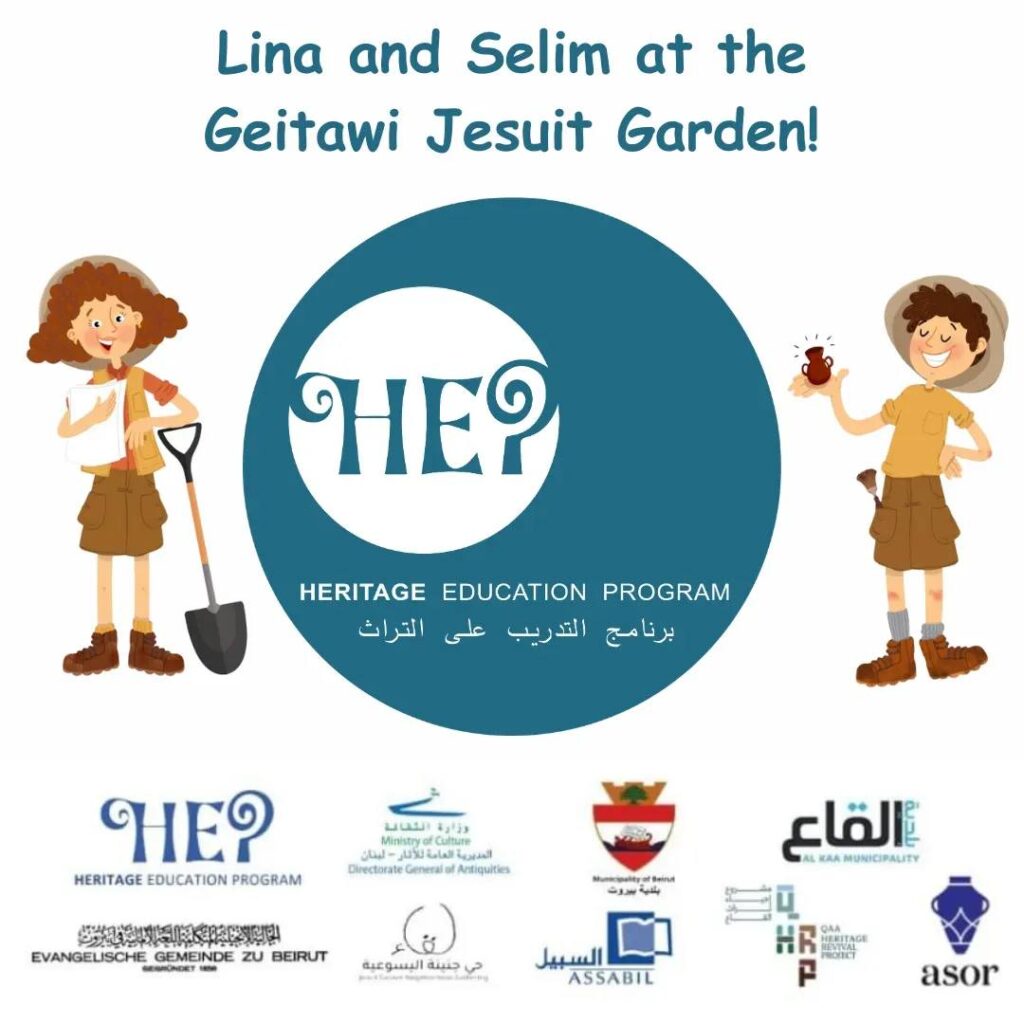
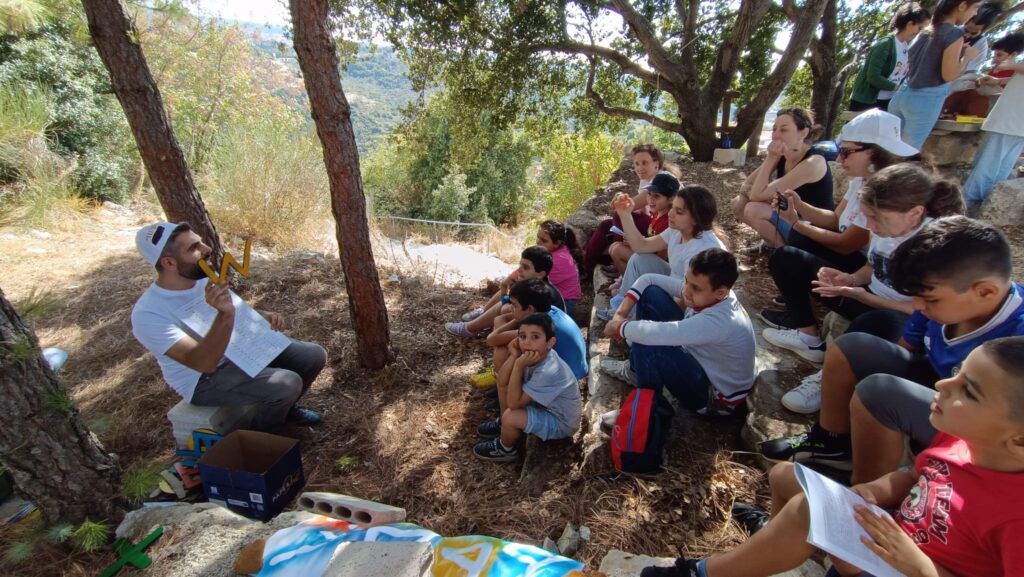
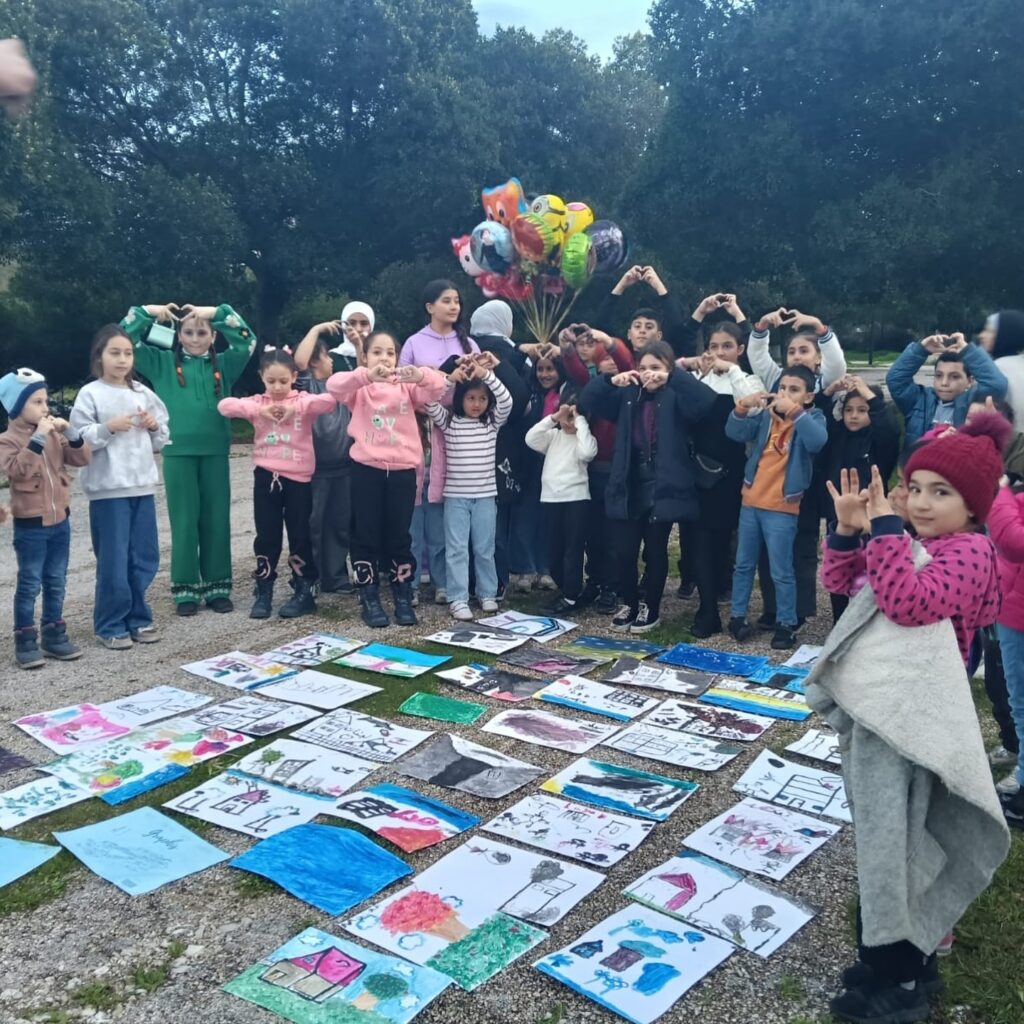
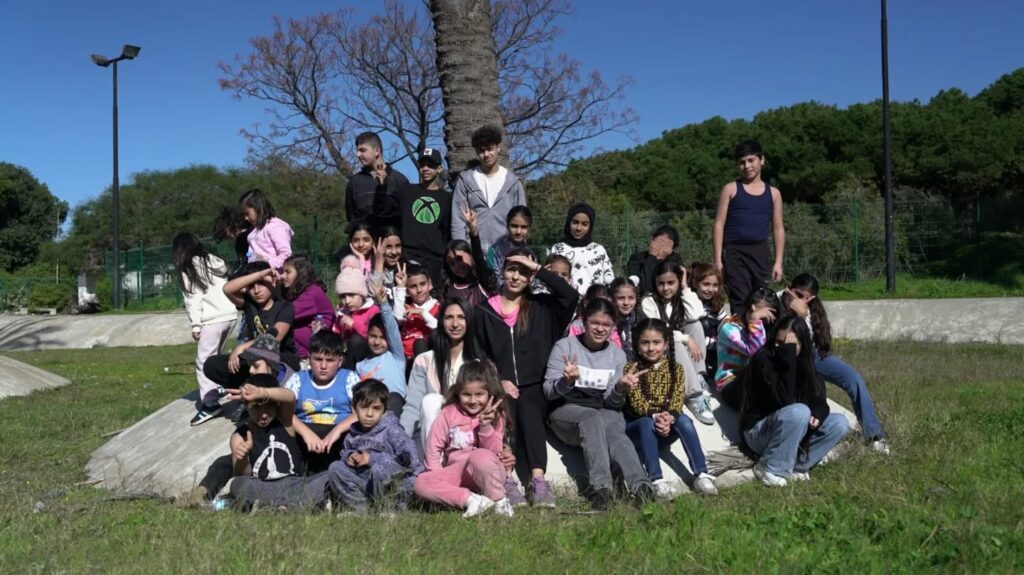

The "NAHNOO Association" was established on February 19, 2009, as a non-governmental, non-profit organization based in Lebanon. NAHNOO works towards fostering an inclusive society for all its members by defending and protecting cultural heritage, as well as safeguarding and activating public spaces throughout Lebanon. Key target groups Youth, municipalities, government bodies, the Ministry of Culture, the Directorate General of Antiquities, and the media.
Main services and programs provided by the association include:
• Conducting studies on public spaces and cultural heritage
• Empowering and training youth in advocacy skills
• Leading advocacy campaigns to protect cultural heritage
Major projects undertaken by the association include:
• "Crafts Made in Bourj Hammoud" and "Crafts Made Bourj Hammoud"
• "Our Craft, Our Identity"
• Survey of heritage buildings in Ashrafieh
• Protection of the Red House
• Campaign to halt the Fouad Boutros Highway project
• Developing tourism plans for various Lebanese villages and cities.[/show_more]

The "BILADI " is a non-governmental organization established in 2005 and based in Lebanon, dedicated to promoting cultural and natural heritage among youngsters. The organization believes that heritage is unique and irreplaceable, yet in post-conflict countries, globalization and psychological barriers have distanced young people from their roots. BILADI’s mission is to re-establish this vital link, giving youth the opportunity to learn about, cherish, and build bridges through their heritage. Target groups: Children, youth, students, educators, and local communities across Lebanon, including vulnerable and marginalized groups.
Main objectives of the organization include:
• Promoting awareness and education about Lebanon’s cultural and natural heritage among children and youth
• Reconnecting younger generations with their tangible and intangible heritage to foster a sense of identity, pride, and belonging
• Supporting social cohesion and resilience through heritage-based activities
• Advocating for the protection and preservation of heritage at local, national, and international levels
• Providing innovative and entertaining educational experiences that make heritage accessible and engaging. [/show_more]
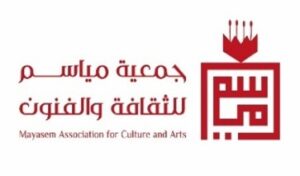
The "Mayasem Association for Culture and Arts" The Mayasem Association for Culture and Arts" is an independent, non-profit organization established in 2021 in the Gaza Strip, with its headquarters located in the town of Al-Qarara. The association is dedicated to strengthening the cultural identity of Palestinians, preserving the national heritage from extinction, and contributing to the documentation of contemporary Palestinian history. Founded by a group of intellectuals and active members of the community, Mayasem aims to serve as a platform for cultural expression and social engagement.
Key projects and activities implemented by the association include:
• Organizing cultural festivals and artistic exhibitions to showcase Palestinian heritage and contemporary creativity
• Conducting workshops and training sessions in traditional arts, crafts, music, and literature for youth and women in the community
• Documenting oral histories and collecting archival materials to preserve the collective memory of the Palestinian people
• Collaborating with local schools and universities to integrate cultural education into curricula and extracurricular activities
• Launching awareness campaigns to promote the importance of cultural heritage and its role in national identity
• Supporting emerging artists and writers through mentorship programs and grants
• Establishing partnerships with regional and international cultural organizations to exchange experiences and resources.
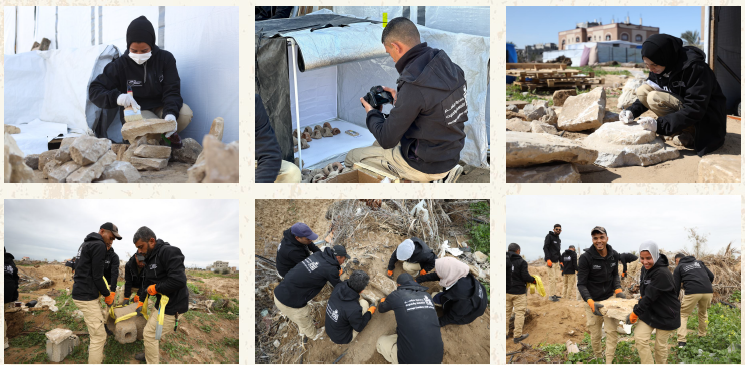
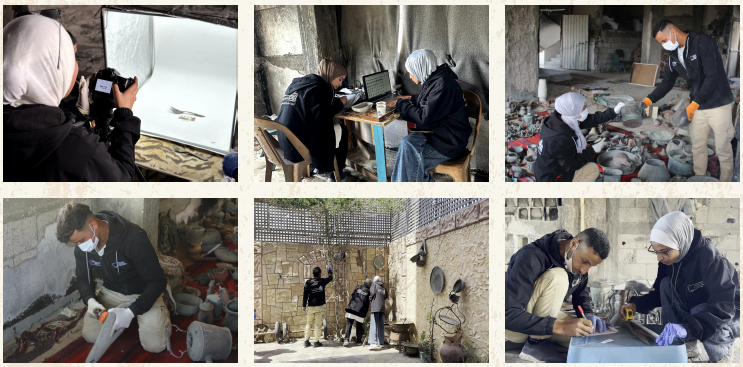
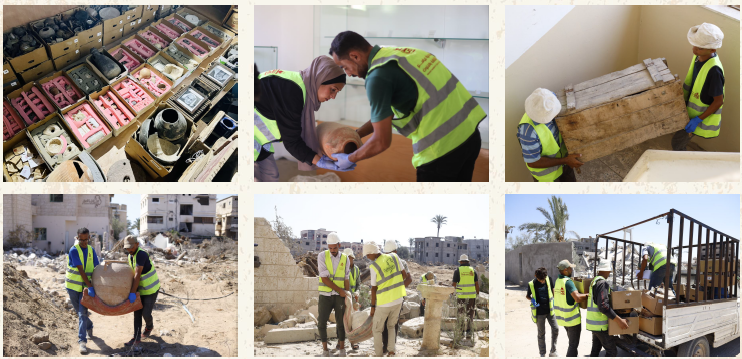
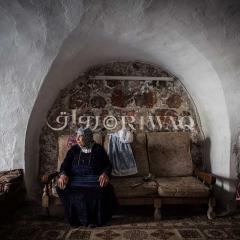
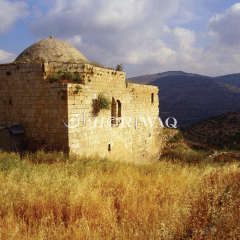
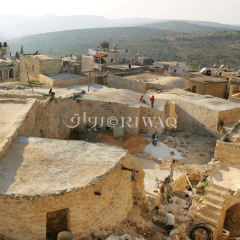
The "RIWAQ – Centre for Architectural Conservation" a non-profit organization established in 1991 and based in Ramallah, Palestine. Founded by Suad Amiry along with a group of architects, archaeologists, and planners, RIWAQ is dedicated to the preservation, restoration, and rehabilitation of architectural and cultural heritage in Palestine, particularly in rural areas and historic towns. RIWAQ’s approach is rooted in partnership with local communities and organizations, an emphasis on oral history and collective memory, and a commitment to sustainable development and decolonization through heritage preservation. The organization has received several international awards, including the Aga Khan Award for Architecture, the Curry Stone Design Prize, and the Prince Claus Award. Target groups are local communities across Palestine, including marginalized groups, grassroots organizations, women, youth, and children; professionals in architecture, restoration, and heritage; and the broader Palestinian society.
The main objectives of the organization include:
• Protecting, restoring, and rehabilitating historic buildings and sites across Palestine
• Documenting and registering historic buildings, with over 50,320 structures recorded in 422 villages, towns, and cities in the West Bank, Jerusalem, and Gaza Strip
• Empowering local communities by transforming restored buildings into community centers, women’s associations, youth centers, children’s libraries, and music centers
• Promoting cultural heritage as a tool for social, economic, and cultural development
• Raising awareness of the value of Palestinian heritage through research, publications, and cultural programming
• Advocating for the creation of a supportive institutional and legal environment for heritage protection
Services and programs provided by RIWAQ include:
• Restoration and adaptive reuse of historic buildings and urban fabric
• Research, documentation, and publication, including the RIWAQ Registry of Historic Buildings
• Capacity building, training, and technical support in restoration and conservation methodologies
• Community engagement and oral history initiatives, integrating local narratives into planning and design
• Advocacy, awareness campaigns, and cultural events, including the RIWAQ Biennale and participation in international exhibitions
• Partnership with local organizations to ensure the sustainable use of restored spaces for social and economic activities.
[/show_more]
The "Center for Cultural Heritage Preservation" is a non-profit organization established in 2001 in Bethlehem, Palestine, dedicated to preserving cultural heritage for development, job creation, and improving local living conditions. The center also builds restoration capacities and raises awareness about heritage value.
Main objectives:
• Preserving and utilizing cultural heritage for development
• Providing jobs and improving living standards
• Building restoration and rehabilitation skills
• Raising community awareness
Target groups:
• Historic city centers
• Tangible and intangible heritage
• Historical/religious buildings
• Cultural landscape
• Local community
Services and programs:
• Research, training, and studies
• Restoration of traditional buildings and urban areas
• Capacity-building activities
• Community awareness projects
• Publications
Key restoration projects:
• Qasr Jarrar visitor center, Star Street, and historic centers in Bethlehem and Beit Sahour
• Palestine Museum of Natural History
• Restoration of buildings, squares, and churches in several towns (e.g., Deir Istiya, Beit Jala, Aboud)
• Battir tourist trail, irrigation canals, and terraces
• Nabi Musa shrine, Solomon’s Pools, Shepherds’ Field, and Sufi shrines
Research and training projects:
• Books on Bethlehem’s heritage and neighborhoods
• Laws for old town protection
• UNESCO nomination files (e.g., Battir, Wadi Cremisan)
• Human resources development (Her4Dev) [/show_more]